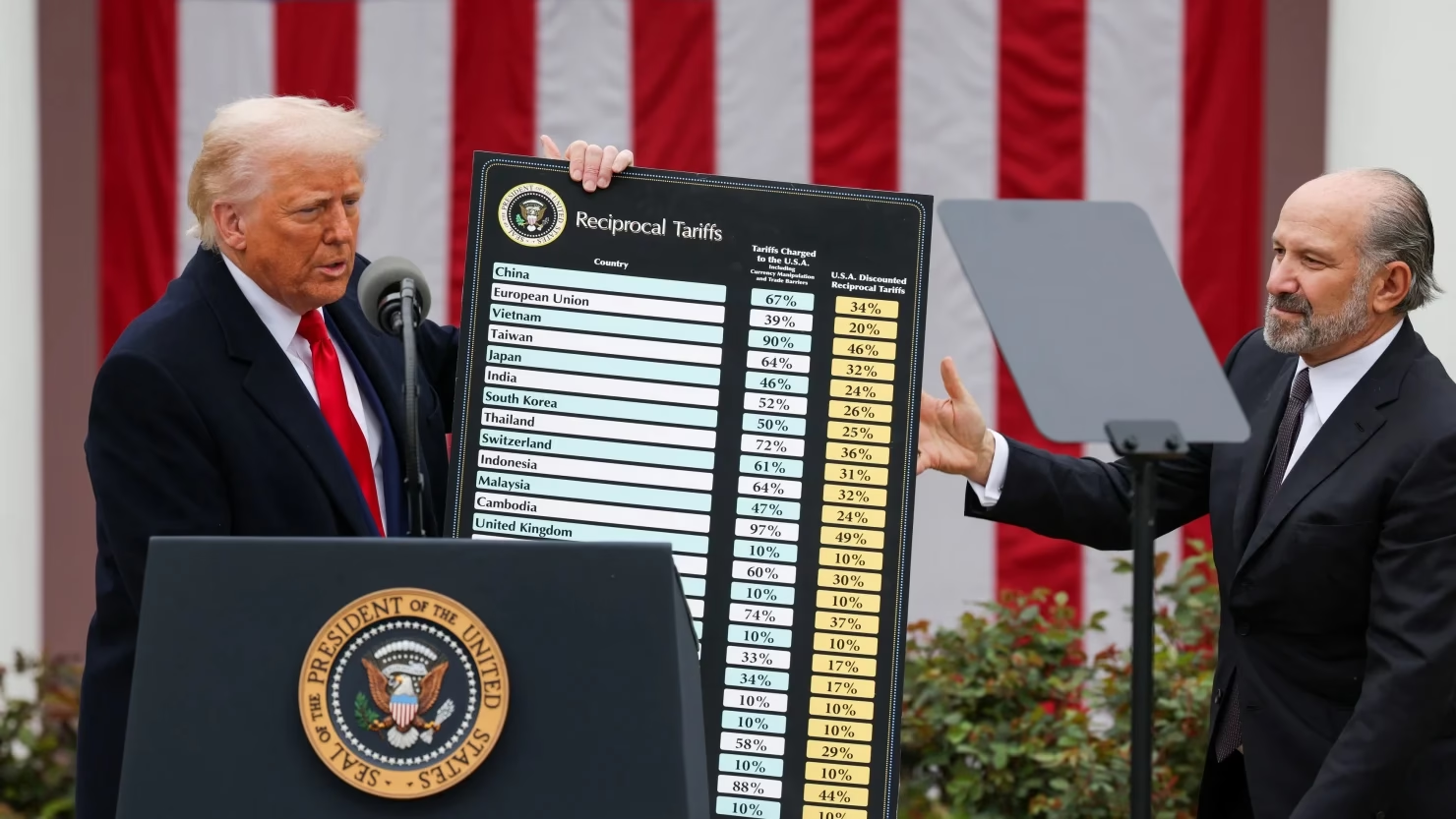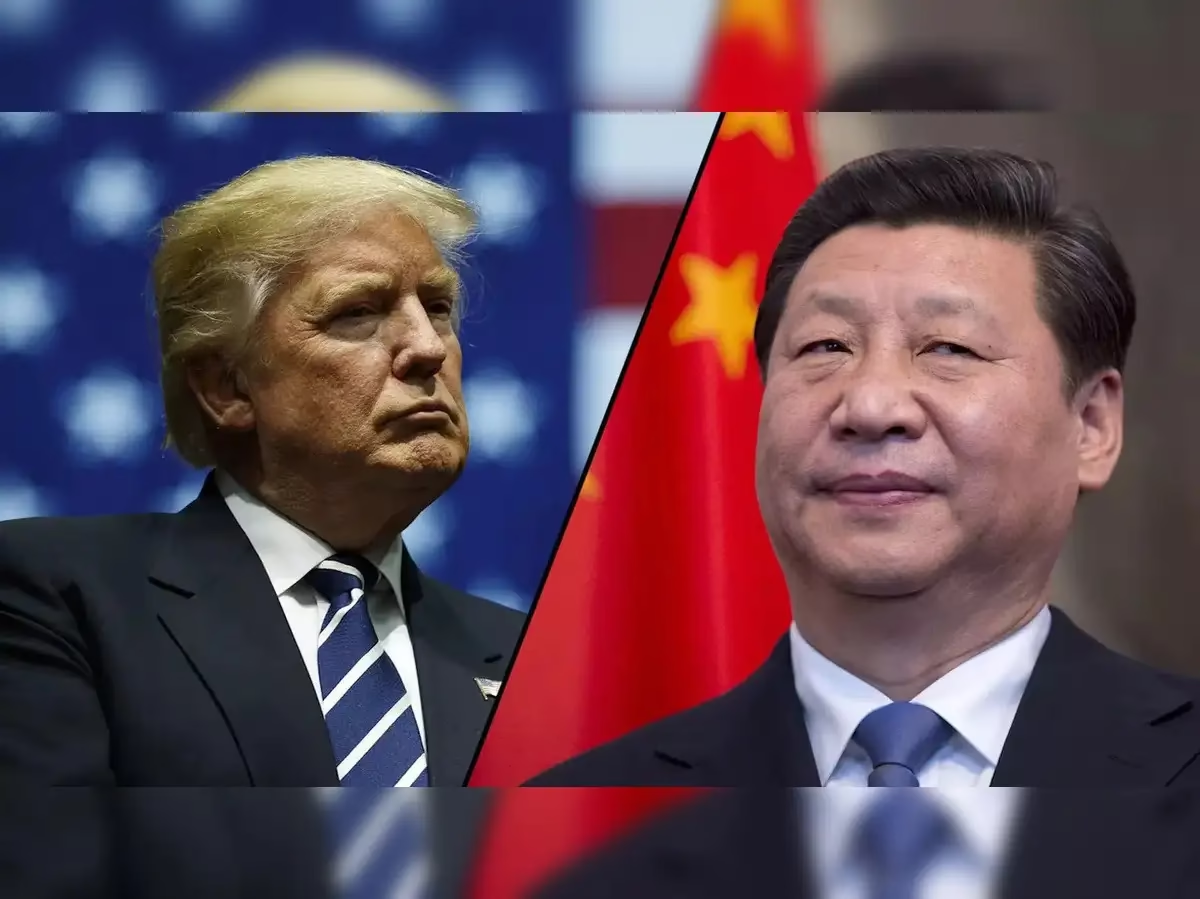In a stunning twist that has sent shockwaves through international markets, President Trump’s latest tariff strategy is drawing fierce global reactions. As countries scramble to respond, the fallout from these tariffs is already being felt across the economic landscape—from soaring price hikes and widespread layoffs to a dramatic sell-off in the stock markets.
Global Backlash and Country-by-Country Reactions
Across the globe, nations are taking divergent approaches to counter what many perceive as an aggressive move by the United States. In Asia, key trading partners are exploring retaliatory tariffs aimed squarely at safeguarding their domestic industries.
European countries, meanwhile, are bracing for the potential impact on their export-driven economies, with leaders warning that such economic measures could reverberate far beyond mere trade disputes. Meanwhile, emerging markets are grappling with the immediate consequences, as the shock of Trump’s tariff formula is causing a ripple effect that threatens to undermine fragile economic recoveries.
Analysts are quick to point out that Trump’s tariff strategy appears to be a double-edged sword. While intended to protect American jobs and industries, the global reaction indicates that the strategy might backfire, as many nations retaliate with their own tariff measures. The complex web of trade interdependencies means that a tit-for-tat escalation could disrupt global supply chains and lead to a prolonged period of economic instability.
Layoffs, Price Hikes, and a Tumultuous Market
The immediate domestic impact has been equally dramatic. Reports from various industries indicate that companies across the United States are beginning to feel the pinch. Layoffs have been reported in several sectors as businesses brace for higher costs and diminished consumer spending. The anticipated increase in production costs is expected to result in significant price hikes for everyday goods, putting additional pressure on an already strained economy.
The stock market reaction has been nothing short of severe. The Dow Jones Industrial Average experienced a staggering drop of 1,500 points, setting off a worldwide sell-off that has been compared to the economic shock waves seen during the height of the COVID-19 pandemic. Investors, spooked by the uncertain economic outlook and the possibility of a tariff-induced recession, are rapidly divesting their assets, leaving markets around the globe in turmoil.
A Tariff Formula That Confounds Economists
One of the most contentious aspects of the current crisis is the tariff formula itself—a policy that has left economists scratching their heads. Designed to protect domestic industries, the formula appears to have unintended consequences, punishing not only foreign exporters but also domestic consumers. Critics argue that the tariffs are disproportionately impacting the poor, as higher prices for imported goods squeeze household budgets.
This intricate policy framework has drawn widespread criticism from trade experts who believe that the tariffs could end up being self-defeating. As businesses face increased costs and a drop in consumer demand, the intended benefits of protecting American industries may be offset by a broader economic downturn that affects all sectors.
Retaliation and the Risk of a Prolonged Trade War

The international community’s response to Trump’s tariffs has been swift and, in many cases, severe.
Countries across multiple continents have started imposing their own retaliatory measures, with some nations targeting sectors that are vital to the American economy. The risk of a full-scale trade war looms large, with the potential to escalate into a long-term conflict that could permanently alter the global economic landscape.
Trade negotiations, already under strain from previous disputes, now face the daunting challenge of untangling this complex web of tariffs and counter-tariffs. Experts warn that without a cooperative resolution, the world could see a series of escalating trade barriers that not only disrupt international commerce but also lead to significant job losses and economic stagnation.
Market Uncertainty and the Future of Global Trade
As the tariff fallout continues to unfold, market uncertainty remains at an all-time high. Investors and policymakers alike are grappling with the implications of a rapidly changing trade environment, where protectionist measures seem to be gaining ground at the expense of globalization. The dramatic market sell-off, characterized by the sharp drop in the Dow, underscores the fragility of the current economic climate.
With global supply chains already reeling from the impact of previous trade tensions, the latest tariff measures have the potential to trigger a cascade of disruptions that could affect industries from manufacturing to technology. The reverberations of these policies may be felt for years to come, as countries reassess their trade relationships and the long-term viability of protectionist strategies.





